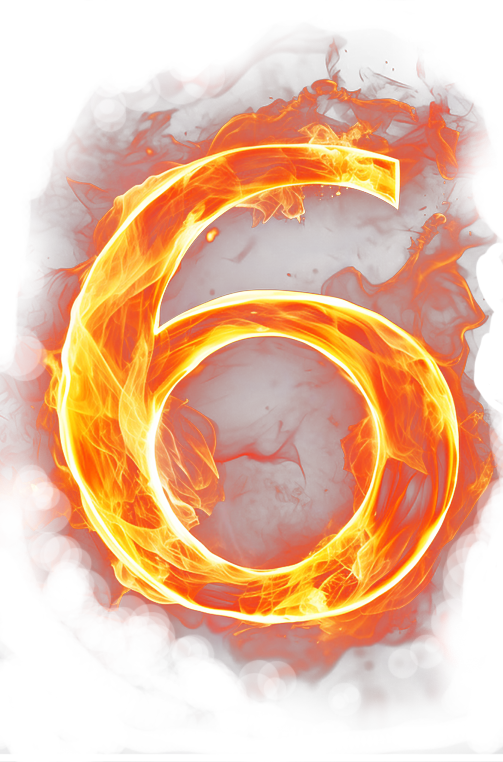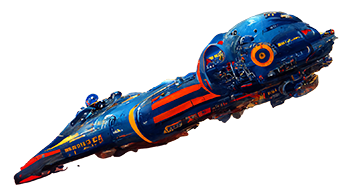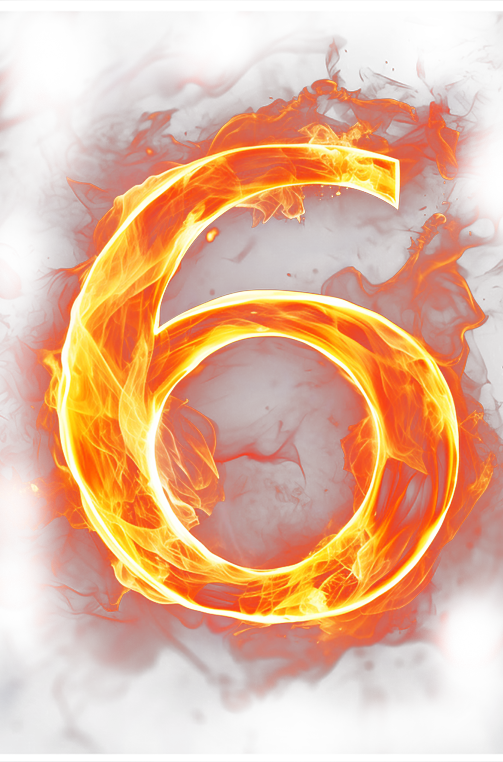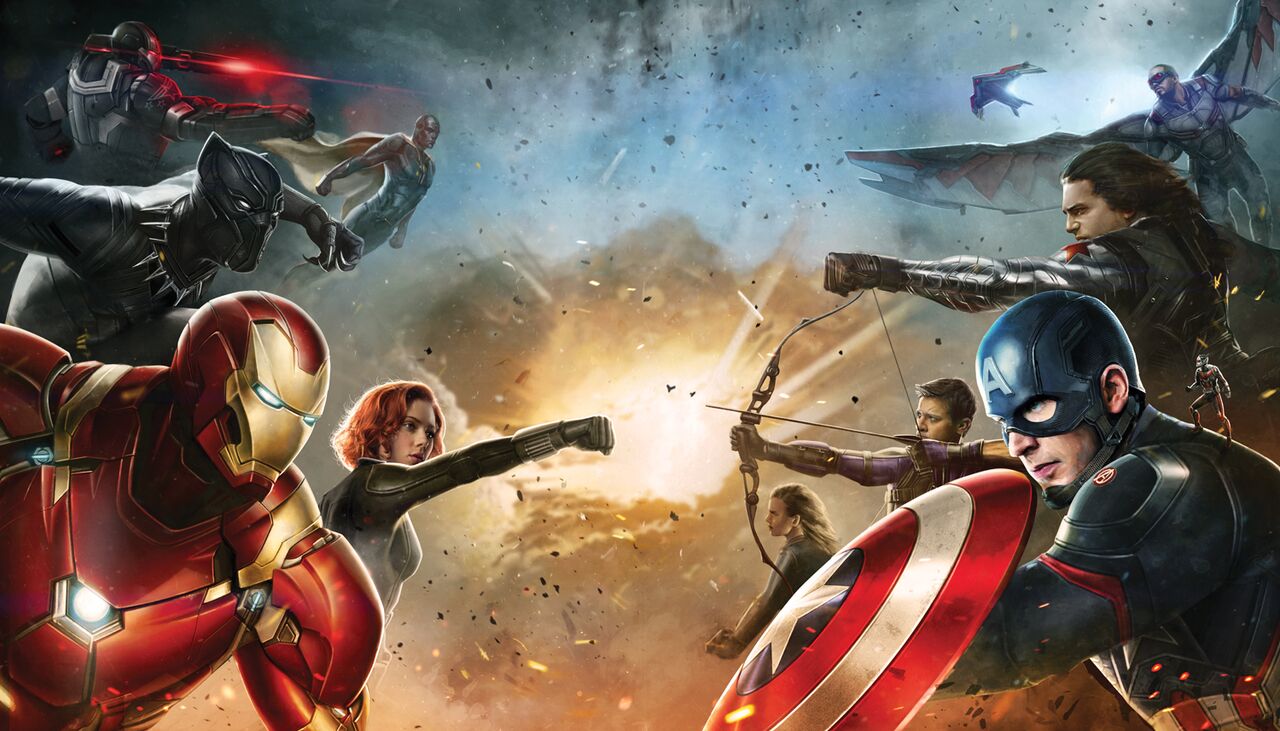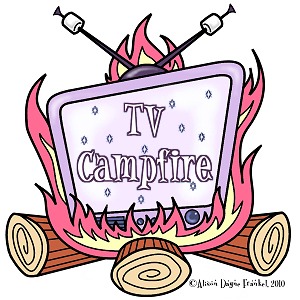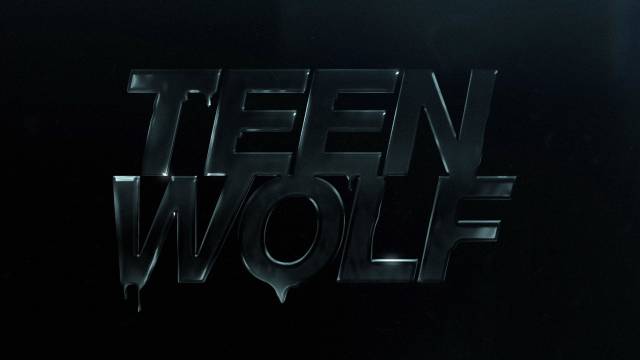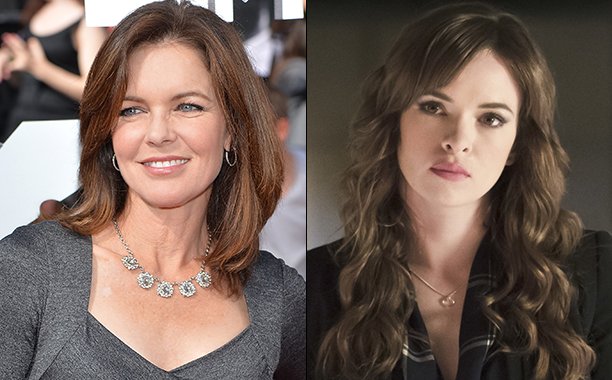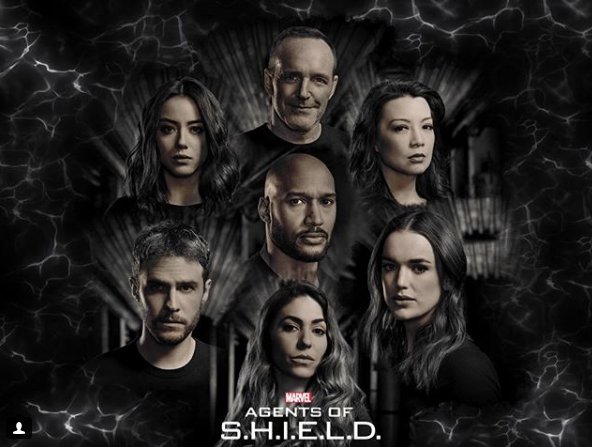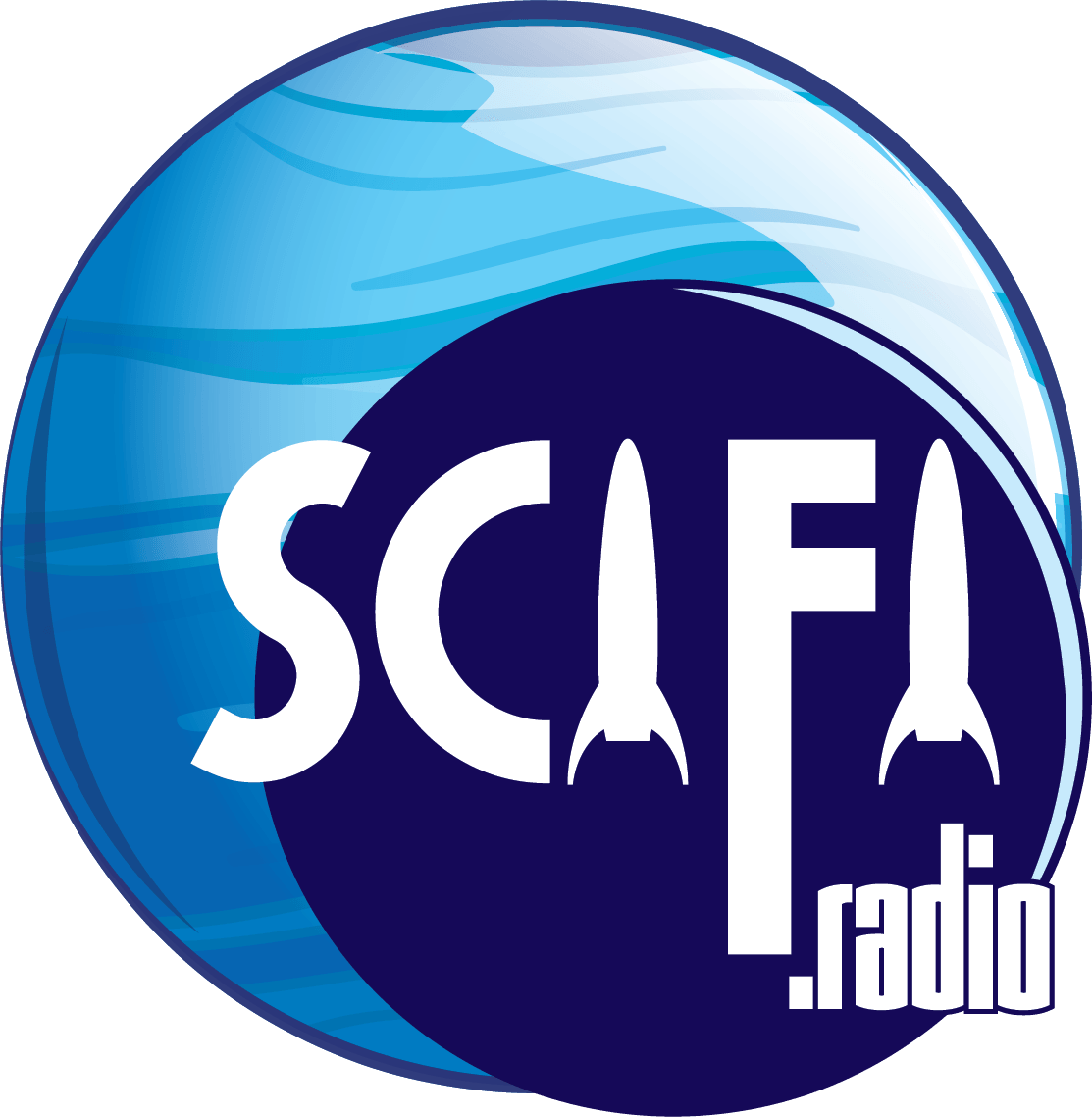SPOILERS BELOW!!
 In super hero movies, the entire world is at stake because of a evil sociopath, alien invasion or a dangerous robot, then the hero saves the day! And leaves a major mess that he doesn’t clean up.
In super hero movies, the entire world is at stake because of a evil sociopath, alien invasion or a dangerous robot, then the hero saves the day! And leaves a major mess that he doesn’t clean up.
What if this time the world thinks it’s about time heroes should be regulated just like coal mines and the FDA? Comic book fans saw what could happen in the classic Civil War series from Marvel. Is it better for mere mortals to decide if Thor should only fight in open tundra, expect heroes with secret identities to reveal themselves, or just let them do what is necessary to save us all?
On the surface, that is the plot of Captain America: Civil War, as he (Chris Evans) and Iron Man (Robert Downey Jr.) disagree on whether the Avengers (and other enhanced people in the MCU) should be held back a bit. The need for such controls grows when the Winter Solider, Bucky Barnes (Sebastian Stan), escapes and causes major havoc, while the Scarlet Witch (Elizabeth Olsen) accidentally kills several people while trying to protect people from a suicide bomber.
Just below the surface, it’s a different story that argues for the control of super heroes, or maybe their destruction…but not for the reason most think.
 When you look at all three Captain America movies, they form an interesting trilogy about the need for heroes, and who’s the real good guys and bad guys. First Avenger has the creation of Cap as a weapon against HYDRA and the Nazis. Winter Soldier shows Cap dealing with a much different world, and a terrible truth about SHIELD and a comrade thought long dead. Civil War asks if the world needs super heroes and wonders if they’re worse than the bad guys.
When you look at all three Captain America movies, they form an interesting trilogy about the need for heroes, and who’s the real good guys and bad guys. First Avenger has the creation of Cap as a weapon against HYDRA and the Nazis. Winter Soldier shows Cap dealing with a much different world, and a terrible truth about SHIELD and a comrade thought long dead. Civil War asks if the world needs super heroes and wonders if they’re worse than the bad guys.
Due to the events of Age of Ultron and the destruction in Sokovia, the UN wants the Avengers to follow the Sokovian Accords, which basically gives heroes specific rules on how to save the day. Cap doesn’t think it’s a good idea. Although accidents happen, as with Scarlet Witch, their hands are still the safest. Iron Man, though, thinks maybe people with powers should be held back a bit. That’s based on meeting a woman (Alfre Woodard) whose son was killed in Sokovia, losing Pepper Potts (for now) and Secretary of State Thaddeus “Thunderbolt” Ross (Wiliam Hurt) showing him the destruction from the previous movies, including Ultron.
Actually, the Vision (Paul Bellamy) has the best argument for the accords: “Our very strength incites challenge. Challenge incites conflict. And conflict… breeds catastrophe.” His words are proven right more than once.
The accords are set to be approved in Vienna. The meeting features an official from Wakanda named T’Challa (Chadwick Bozeman) , who is there with his father, the King. There’s an explosion that kills several people, including the King, and it seems that Barnes is responsible. This puts Cap in a tough situation. He hopes there’s a way to cure Bucky of what HYDRA did to him, but how can Cap defend him if he caused more deaths.
Soon the lines are drawn: Iron Man, representing the law and the status quo (which would be surprising) with Rhodes/War Machine, Black Widow (Scarlett Johansson) , Vision and Black Panther, and Captain America, opposing regulations with Falcon, Bucky, Ant-Man (Paul Rudd) , Hawkeye (Jeremy Renner) and Scarlet Witch. Iron Man has to bring Cap in, and that sets up one incredible rumble. It’s hard to see these friends fight, but it’s still very exciting. Not only that, Ant-Man throws in a new skill that wouldn’t be a surprise to those who know his history.
 Then a new hero joins Iron Man, none other than Spider-Man, this time played by Tom Holland. He’s portrayed as a wide-eyed teen and tech genius who’s just glad to be there. He’s so young he thinks The Empire Strikes Back is an old film. Holland is very good as a teen still getting used to the powers a radioactive spider gave him. He’s stunned to see Tony Stark interested in his powers, and very excited to have a real chance to be a hero.
Then a new hero joins Iron Man, none other than Spider-Man, this time played by Tom Holland. He’s portrayed as a wide-eyed teen and tech genius who’s just glad to be there. He’s so young he thinks The Empire Strikes Back is an old film. Holland is very good as a teen still getting used to the powers a radioactive spider gave him. He’s stunned to see Tony Stark interested in his powers, and very excited to have a real chance to be a hero.
Still, some may not like the fact Spidey is a division of Stark Industries, preferring the hero’s traditional status as an outsider. This may be likely to change when Spider-Man returns to theaters next year.
On the dark side is Zemo, played by Daniel Bruhl. He is very interested in unleashing the dark side of Bucky and causing major damage, and finding out if HYDRA planned to make more Winter Soldiers. The final confrontation in Siberia suggests Zemo is interested in a new HYDRA. What he really wants, and also reveals, is a major surprise, and as much as shock as the HYDRA/SHIELD relationship. It also creates one of the most intense and heart-breaking fight scenes in Marvel movie history. When it’s done, the Avengers and their place in the world will never be the same again.
As far as performances, the vets all do a great job. Downey shows Tony Stark as a industrial magnate and super hero who is saddled with ego but also guilt over his powers. Evans is still Cap as a man who believes in freedom, and will not compromise. Sebastian Stan is also great as Bucky. While Cap thinks what Bucky did as the Winter Soldier isn’t his fault, Bucky still knows he’s a dangerous man, and wonders if he should be forgiven. Olsen is also great as the Scarlet Witch, as she wonders if the world will define her by her powers or as a woman. Paul Bellamy is also great as the Vision, as he grapples with his powers and existence. It’s rather odd seeing him in regular clothes, but he has a fine relationship with Scarlet Witch. Bozeman, meanwhile, has an impressive debut as Wakanda’s warrior-king. It’s not surprising considering he also played James Brown and Jackie Robinson in the past few years.
The movie also marks the fond farewell of Peggy Carter, who founded SHIELD and also helped guide Cap on his road to being a hero. A version of Cap’s famous “no, you move” speech is attributed to her at her funeral, and it’s just as likely she would have said that to him. Agent 13, aka Sharon Carter (Emily Van Kamp) also admits she’s Peggy’s niece, and hopefully we’ll see more of her. We also see Martin Freeman as Everett Ross, who’s part of a task force that’s supposed to replace SHIELD. He’s no Coulson, but he’ll be seen again in Black Panther.

After seeing how DC create a civil war between Batman and Superman based on paranoia and the manipulations of a giddy millionaire, Marvel takes a much better approach. It shows us that super heroes are all too human. It’s why some think they don’t need rules to protect the world, and some think they do because they know (as someone once said) with great powers comes great responsibility.
This movie is smart enough to show why super heroes shouldn’t have to follow a rulebook to attack some zombies or aliens, but also that they should remember they have powers that can get out of hand. That’s something Ant-Man should have remembered when he used that new power of his, and the Vision when his power had unintended consequences.
However, is it really the fault of the super hero that battles can’t be fought cleanly? Yes, sometimes battles get messy, but what’s important is security and survival. The good guys, especially the super heroes, do make mistakes. Iron Man thought rules were needed, because he made mistakes, specifically Ultron. Captain America says they are not, and is willing to buck authority to argue that. It all depends on the situation, he says. If anyone doesn’t agree with that, and tells him to move his opinion, he will, of course, say, “no you move.”
He’s hoping Iron Man and the world will change their minds about super heroes, eventually. It might happen once the Infinity Wars arrive.
